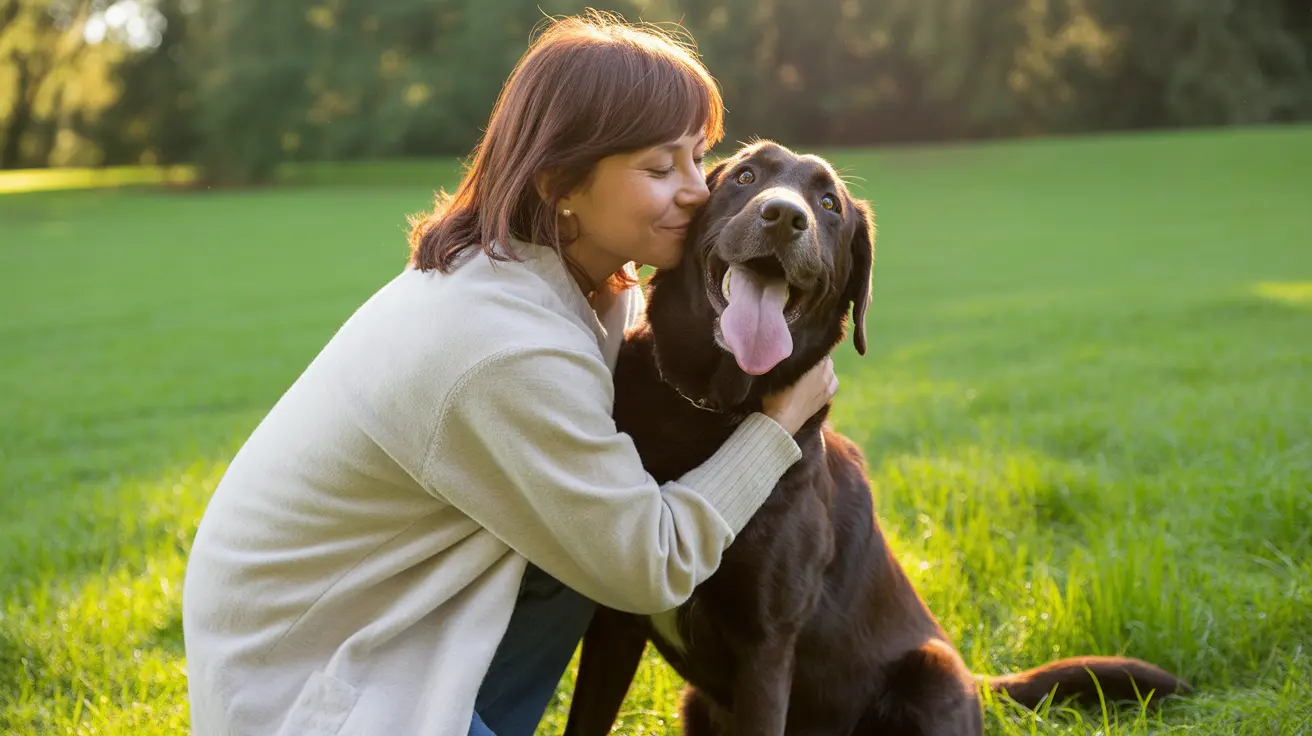Denver has taken a significant step forward in animal welfare by enacting a humane pet shop ordinance that prohibits the sale of puppy mill puppies in retail stores. This milestone legislation adds to the growing momentum across the United States, where 513 localities have implemented similar measures to protect companion animals and promote responsible pet acquisition.
The new law positions Denver among the nation's leaders in pet welfare reform, making it one of 15 major metropolitan areas among America's 20 largest cities to take a stand against the commercial breeding pipeline. This development reflects a broader shift in how communities approach pet sales and adoption.
Understanding the Impact of Pet Store Regulations
The implementation of humane pet shop ordinances represents a crucial turning point in the fight against puppy mills. These laws effectively cut off a primary retail outlet for commercial breeding facilities, while simultaneously promoting more ethical alternatives for acquiring pets.
Commercial Dog Breeding Laws in Focus
Under the new regulations, pet stores in Denver can no longer sell dogs, cats, or rabbits sourced from large-scale commercial breeding operations. Instead, these businesses are encouraged to partner with local shelters and rescue organizations to facilitate adoptions.
Animal Welfare Laws USA: A Growing Movement
The success of local pet sale restrictions across the country demonstrates the increasing public awareness about puppy mill cruelty prevention. With over 500 localities now enforcing similar ordinances, the message is clear: communities are choosing to prioritize animal welfare over traditional retail models.
Responsible Pet Breeders and Alternative Options
The ordinance maintains provisions for responsible local breeders who sell directly to the public, recognizing the importance of preserving ethical breeding practices. This approach ensures that prospective pet owners still have access to purposefully-bred animals while avoiding the puppy mill pipeline.
Shelter Pet Adoption Denver: A New Chapter
The legislation has created new opportunities for shelter pet adoption in Denver. Local shelters are adapting to meet increased adoption demand, expanding their services and outreach efforts to connect more pets with loving homes.
Pet Store Adoption Events
While traditional retail sales are prohibited, pet stores can still play a positive role by hosting adoption events in partnership with local shelters. This transformation helps businesses remain viable while contributing to the community's animal welfare goals.
Frequently Asked Questions
What does Denver's new humane pet shop ordinance mean for buying puppies and kittens?
Denver's ordinance bans pet stores from selling dogs, cats, and rabbits sourced from puppy mills, encouraging adoption from shelters or purchase from responsible breeders instead.
How do humane pet shop laws affect the sale of puppy mill animals in U.S. cities?
Over 500 localities, including 15 of the 20 largest U.S. cities, prohibit pet stores from selling puppy mill puppies, aiming to cut off inhumane commercial breeders' retail outlets and promote ethical sourcing.
What are the benefits of adopting a pet from a shelter versus buying from a pet store?
Shelter adoptions help reduce demand for puppy mill animals, support animal welfare, and often include spay/neuter, vaccines, microchip, and licensing, as seen in Denver's shelter programs.
Conclusion
Denver's adoption of a humane pet shop ordinance marks another important victory in the nationwide effort to end the puppy mill pipeline. As more cities embrace similar regulations, the momentum continues to build toward a future where all companion animals are sourced responsibly and ethically. This shift not only benefits animals but also strengthens communities by promoting transparent, humane practices in pet acquisition.
The success of these ordinances demonstrates that when communities prioritize animal welfare, positive change is possible. Pet lovers in Denver and beyond can take pride in supporting a system that values the well-being of companion animals over profit-driven breeding practices.






